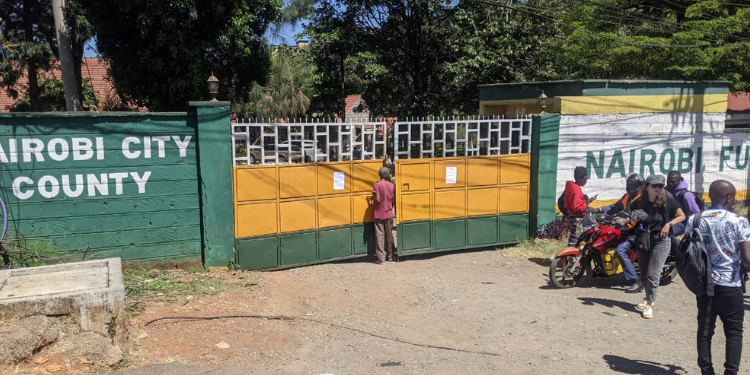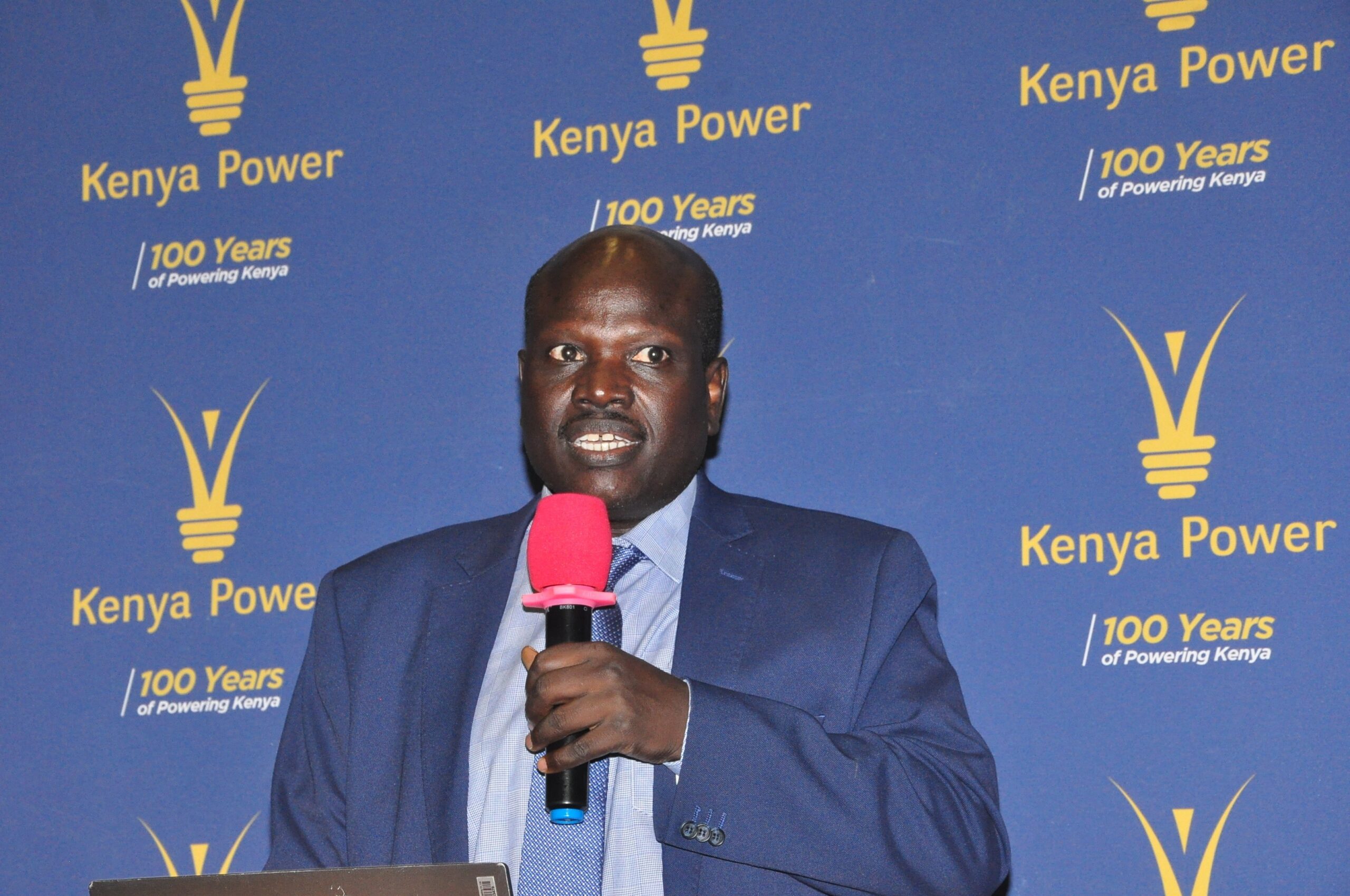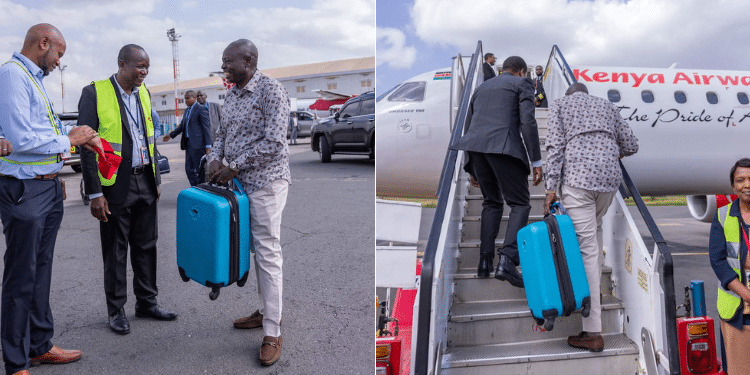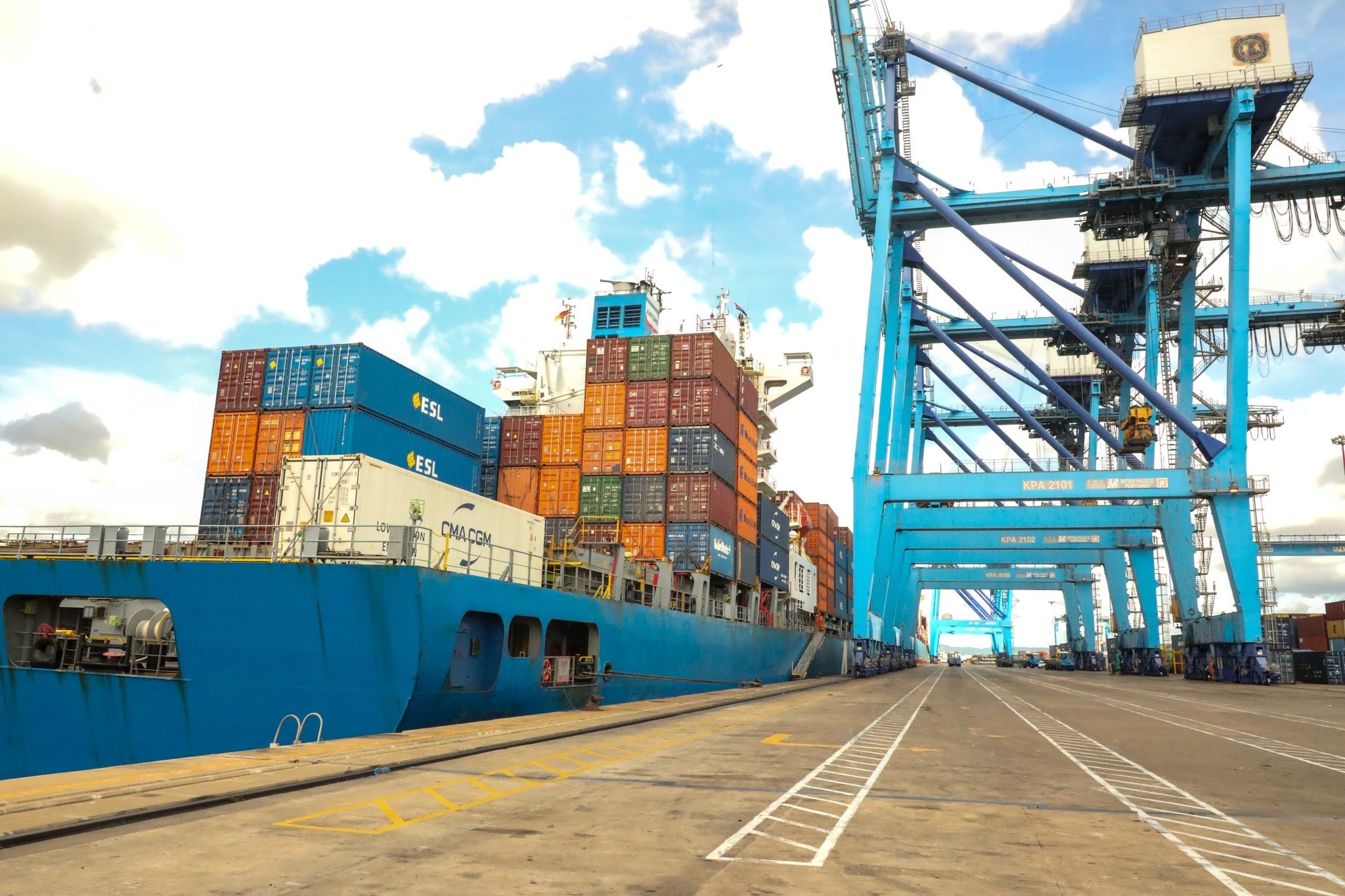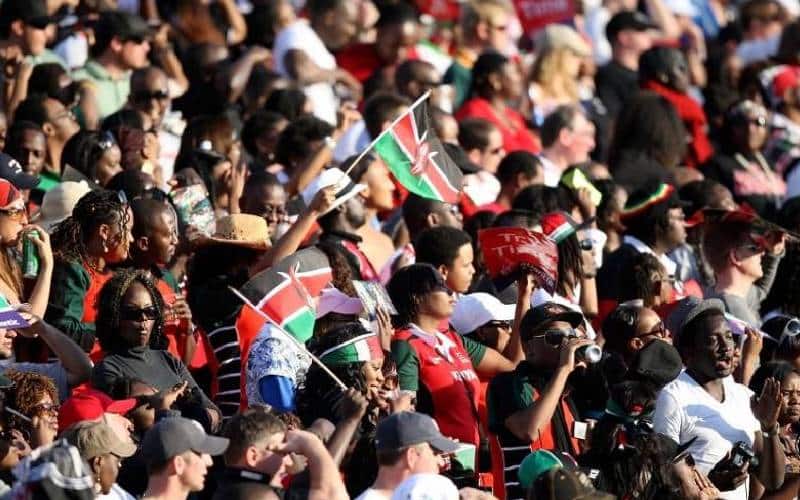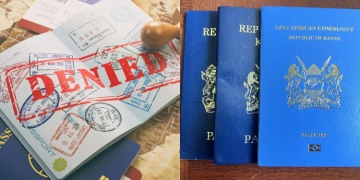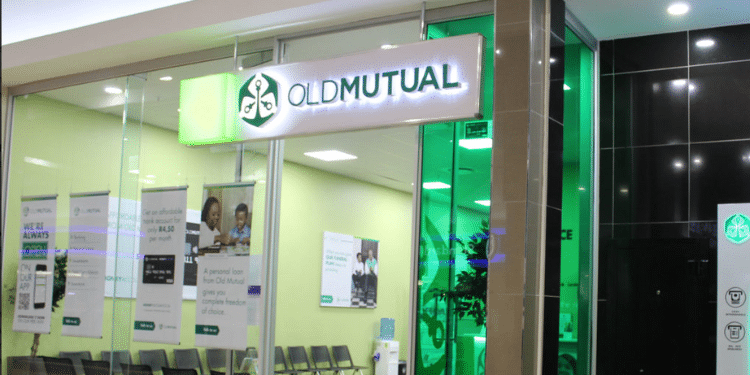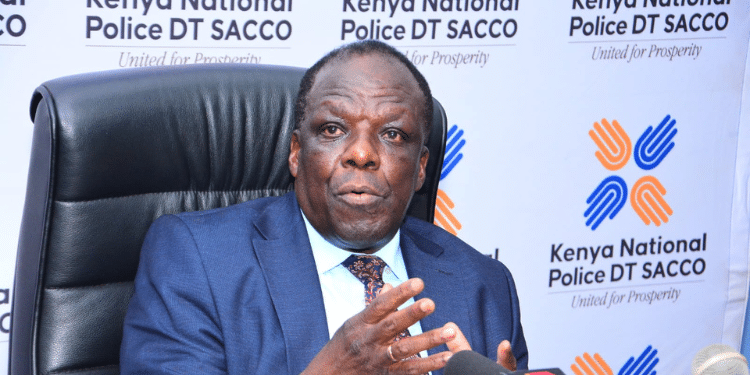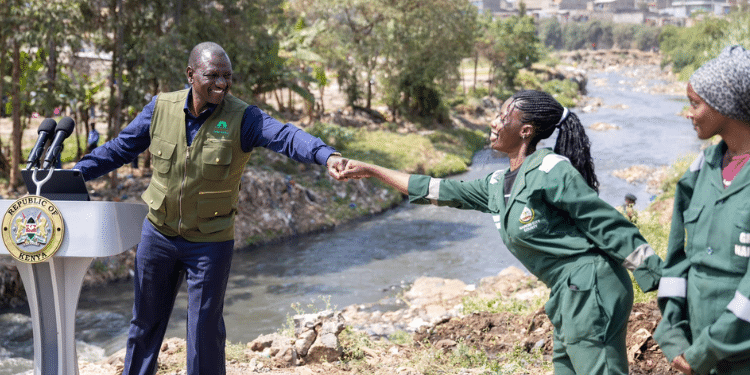The Climate Resilience Service Program (CRSP), an ambitious program launched by President William Ruto dubbed the Climate WorX Mtaani Initiative, which is set to provide over thousands of job opportunities for the Kenyan youth has been rolled out.
Climate WorX Mtaani Initiative which began on October 1, 2024, in Nairobi before expanding to Mombasa, Kisumu, Nakuru, and Eldoret is set to create at least 200,000 jobs nationwide, with a minimum of 1,500 beneficiaries per county.
In Nairobi, the focus will be on rehabilitating the 47-kilometre stretch of the Nairobi River Basin.
Ruto when launching CRSP in September said that the program would be first rolled out in the capital, with the participants set to be involved in the renewed efforts aimed at cleaning up the Nairobi River through the Nairobi River Regeneration Project.
The project intends to turn the river into a valuable commercial and recreational hub, enhancing Nairobi’s image as both the capital of Kenya and a leader in environmental sustainability.
“Nairobi, as the capital and host of UNEP, cannot afford to have its river in such a polluted state. The current condition of the Nairobi River cannot be the face of Kenya. The first phase of climate works in Nairobi County will officially begin on October 1, 2024, with 20,000 young people being onboarded,” said Ruto during the launch on September 12, 2024.
“Building on this foundation, we will extend the program to the four major cities of Kisumu, Mombasa, Eldoret and Nakuru within one month.”

The program will be implemented through a multi-agency approach, involving collaboration between national and county governments.
Funding
This initial Climate WorX activities will be funded through existing allocations from the State Department for Roads, the Kenya Forest Services, and the State Department for Housing and Urban Development.
Also Read: Ruto Launches Program with 200,000 Youth Jobs; How to Apply
The budgets will primarily be used to pay wages directly to workers and there will be consideration for some equipment that may be required for some of the workstreams.
As well, a minimal operations budget will be required to facilitate coordination of activities, monitoring and evaluation, as well as reporting.
One of the principles of Climate WorX mtaani is that majority of the budget will go towards wages for workers while about 1% will be allocated to covering overhead costs
However, the estimated budgets do not cover costs related to the provision of inputs including certain types of machinery and consumables for targeted activities.
How Climate WorX Mtaani will work
Participants will work in alternating two-week shifts, with the daily rate for compensation being Ksh500 per day. Youth supervisors of worker clusters on the other hand will be earning Ksh550 per day.
Payments will be made regularly (within a week of the end of the fortnight shift, as will be deemed appropriate) via mobile money transfers, allowing workers to take home Ksh7,000 and supervisors Ksh7,700 at the end of their shifts.

Daily records of workers reporting to their duty stations will be conducted by the supervising officers from the implementing agencies.
All workers will have to sign-off on receipt of daily work conducted for the records of the program. All workers will also have to sign-off on receipt of payments.
The beneficiaries will engage in various activities related to roads, infrastructure, and environmental conservation.
Also Read: Govt Announces New Kazi Mtaani Initiative With 13,000 Job Opportunities
Tasks will include road construction, greening initiatives, and the maintenance and clean-up of highways.
They will also participate in tree planting, solid waste management, affordable housing projects, and the rehabilitation of riparian lands.
Activity Supervision
The supervision of daily work will be conducted by officers from the related State Departments and implementing agencies.
Their role will be to ensure that activities run as per noted work plans, schedules, and to expected quality standards. Funding entities will perform verification exercises of the same from time to time.
For the purposes of demonstrating impact in informal settlements, the CRSP project will be required to document and communicate the progress and impact of its activities.
The projects are required to report regularly to the National Technical Secretariat on activities undertaken using the prescribed forms and through the noted channels.
In addition, the related State Departments and agencies will provide necessary resources to undertake these activities.
The initiative aligns with the Kenya Kwanza administration’s Bottom-up Economic Transformation (BETA) strategy, focusing on creating jobs while addressing climate change challenges.
How to Apply
Any Kenyan aged 18 and older can apply for this program. Interested individuals should visit the Climate Resilience Service Program (CRSP) portal at crsp.go.ke.
The application process requires participants to provide personal details such as their official names, date of birth, gender and telephone number.
Other details required include National ID/Maisha Card details, county and area of residence, along with their education and skill level.
It is important to note that the online registration for the first phase in Nairobi County has since been closed.
Follow our WhatsApp Channel for real-time news updates!
https://whatsapp.com/channel/0029VaB3k54HltYFiQ1f2i2C


